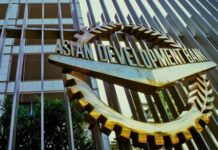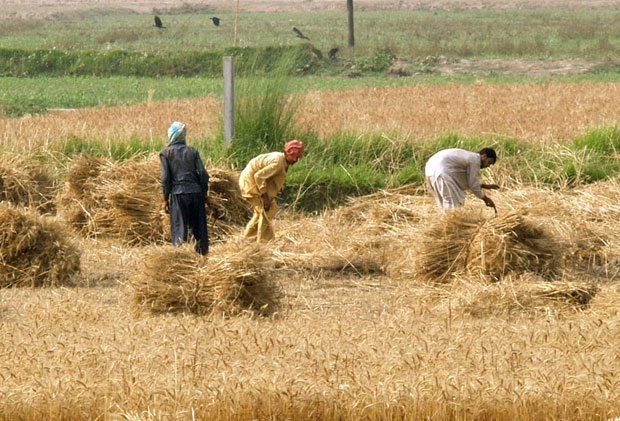The Sindh government plans to allocate Rs6.9 billion from its estimated Rs 700 billion development expenditure budget for FY24 to the agriculture sector.
This allocation is part of the overall development budget of Rs 11.9 billion, which includes foreign project assistance. The funds will be used for various new and ongoing schemes aimed at improving the agriculture sector.
One of the key focuses of the budget is to address the drainage issue in Sindh’s farmlands, which was highlighted during the province-wide flooding in 2022. While major drain networks exist in certain regions, small and medium-sized farmers suffer from inadequate drainage, leading to decreased soil fertility, salinity, and water-logging. The government plans to execute a pilot project for on-farm water management with an estimated cost of Rs 330 million to address this issue.
The budget also includes allocations for other aspects of agricultural development, such as research, extension services, marketing, seed production, training, agricultural mechanization, and water management. The agriculture department aims to implement projects like vertical farming to enhance productivity, particularly in Karachi, which heavily relies on supplies from other areas of Sindh.
The budget includes foreign assistance of Rs4.9 billion from the Sindh Water and Agricultural Transformation (SWAT) project funded by the World Bank. Additionally, ongoing projects like the Sindh Irrigated Agriculture Productivity Enhancement Project (SIAPEP) and new schemes like the installation of pulp processing units for fruits and vegetables have been mentioned in the budget.
Some stakeholders have expressed concerns about the lack of consultation during the budgetary process and emphasized the need to focus on current agricultural practices, especially in rural areas, before implementing concepts like vertical farming.
To read the full article visit www.dawn.com























